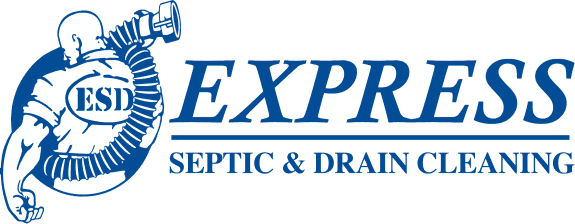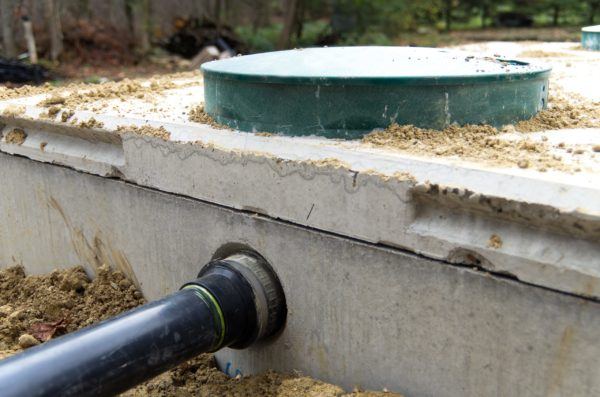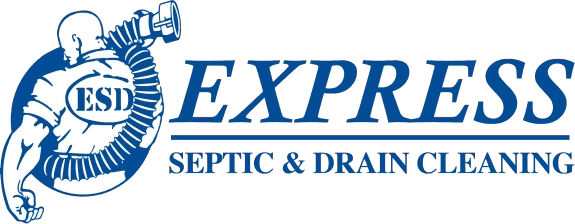Few homeowners give any thought to their waste-disposal systems until something goes awry. A septic system is specifically designed to process all wastewater and waste products coming from your plumbing fixtures, managing it in such a way that your home and surrounding area remain safe for you and your loved ones. There are various components to a septic system that must be regularly maintained in order to prevent malfunction and damage to your home and plumbing.
Your Septic Tank
A septic tank is where wastewater is collected and housed. The solid matter will sink all the way to the bottom, creating a breeding ground for bacterial activity. This bacteria will then break down solids and release effluent, which will float to the top of the tank. The tank itself is comprised of two parts connected by L-shaped pipes. These pipes allow only effluent water to move within your system. Once the water has been filtered through twice, it will be released into the surrounding soil.
Your Drain Field
Your drainage field is a series of underground perforated pipes that allow water to seep into the soil. Leach field pipes are buried at least two feet below ground, surrounded by gravel to help facilitate the additional filtering of bacteria and particulates that could taint the surrounding soil. If your septic tank and drainage field are set up and installed correctly, then the water being released should be completely safe for the soil.
Caring for Your System
Knowing how your system functions and how to care for your system will be an important part of keeping your family safe and healthy. Septic systems are a bit more delicate than a city sewer system, so there are some do’s and don’ts associated with optimizing their function.
Don’t Flush Just Any Substances Down the Drain
A septic system requires a healthy balance of both bacteria and waste matter to provide you with efficient function. Flushing too many solids — things that cannot easily be broken down by bacteria — can cause your system to develop clogs. Coffee grounds, baby wipes, and feminine products are just a few of the many substances that tend to wreak havoc on a septic system.
Additionally, it is important to make sure that excess toilet paper doesn’t get into the system. Toilet paper can clog a septic system if it enters it faster than it can break it down. Teach everyone in your home about your septic system and why it is important not to use too much toilet paper.
Do Watch Where You Drive
It is not advised to drive over the drainage field, as you may cause damage to pipes and the surrounding drainage material that can result in costly repairs and leaky sewage. Ask your septic system professional to mark your drainage field so you can avoid this important component of the system.
Don’t Add Chemicals to Your Septic System
Although there are several products on the market that clean to condition your septic system and promote healthy bacterial growth, the reality is that these products are only quick fixes. They may actually do damage to your system over time. Many of these chemicals actually destroy natural bacterial growth within your system. It is advised that you get your septic system professionally cleaned at least once a year to keep everything functioning as intended.
Do Clean Your System Regularly
Regular cleaning of your system is essential to promote optimal function. It is highly recommended that you pump your septic tank every two to three years. Having an annual maintenance check, which includes visual inspections of both outdoor and indoor components, will keep your system working as it should. Only a qualified septic-system professional should perform these maintenance checks, as attempting to do a diagnostic assessment and repair on your own system could have very costly consequences.
Consequences of Septic-System Neglect
Sticking to a regular maintenance and emptying schedule is essential not only for your health but for the environment as well. Here are just a few of the many consequences you could experience as a result of septic-system neglect.
Environmental Impacts
Failure to clean your septic system regularly can result in damage to your surrounding environment. Sewage in your septic tank, when left unchecked, will eventually seep out into your drainage field. When this amount of raw sewage is more than your drainage field can handle, it will begin to seep into the surrounding soil and groundwater supply. Contaminated groundwater supplies then go on to harm both animals and humans as this toxic substance drains out into local rivers, lakes, and streams.
Contaminated Drinking Water Supply
Not only does contaminated soil affect animal habitats, but it will also eventually potentially contaminate the water inside your own home. Water that is used to wash clothes, fill bathtubs and even fill water glasses becomes potentially toxic to use and ingest. If your household water begins to take on a foul smell, contact a septic-system professional immediately to diagnose the cause of the problem.
Backed-Up Sewage
An overflowing septic tank has nowhere to funnel raw sewage. When your tank has reached its tipping point, raw sewage will begin to seep back into your home through your pipes, creating a mess like you’ve never seen before. Imagine the health consequences of having raw sewage in your bathroom, kitchen, and other areas of your home. This kind of breakdown requires professional cleaning services and septic services to correct the issue, or you and your loved ones could become very ill from possible contamination. As you might imagine, the nauseating smell that accompanies such a mess is likely to do its own brand of damage to you and your home if not properly dealt with.
The Best Defense: Professional Septic-System Cleaning
The best line of defense against septic-system breakdown is regular maintenance and professional pumping and cleaning services. A household system must be inspected and assessed for possible cleaning at least once every two to three years but may be needed more often due to the following factors:
- Number of people living in your home
- Volume of wastewater
- Size of septic tank and components
- Presence of solids that cannot be broken down and managed
A qualified septic professional will inspect your system for leaks and clogs, measuring both scum and sludge layers present in the tank to determine if pumping is needed. Ask your service professional to put you on a regularly scheduled maintenance and care program to make sure your system stays in tip-top shape, and you may be able to extend the life of your system and avoid costly repair and replacement bills.
Express Septic & Drain Cleaning: Keeping Your System Flowing Freely
Express Septic & Drain Cleaning has been answering the call for satisfied clients and their septic systems. Our focus has always remained on meeting customers’ needs and expectations, working with each client to craft a care and service plan that works for every home, system, and budget. We offer, tank locating and inspection, earth busting, and enzyme treatments in addition to septic tank pumping. If you suspect that you may need septic-system care in Caldwell, ID, contact the dedicated professionals at Express Septic & Drain Cleaning today. We’ll get you up and running again in no time!



